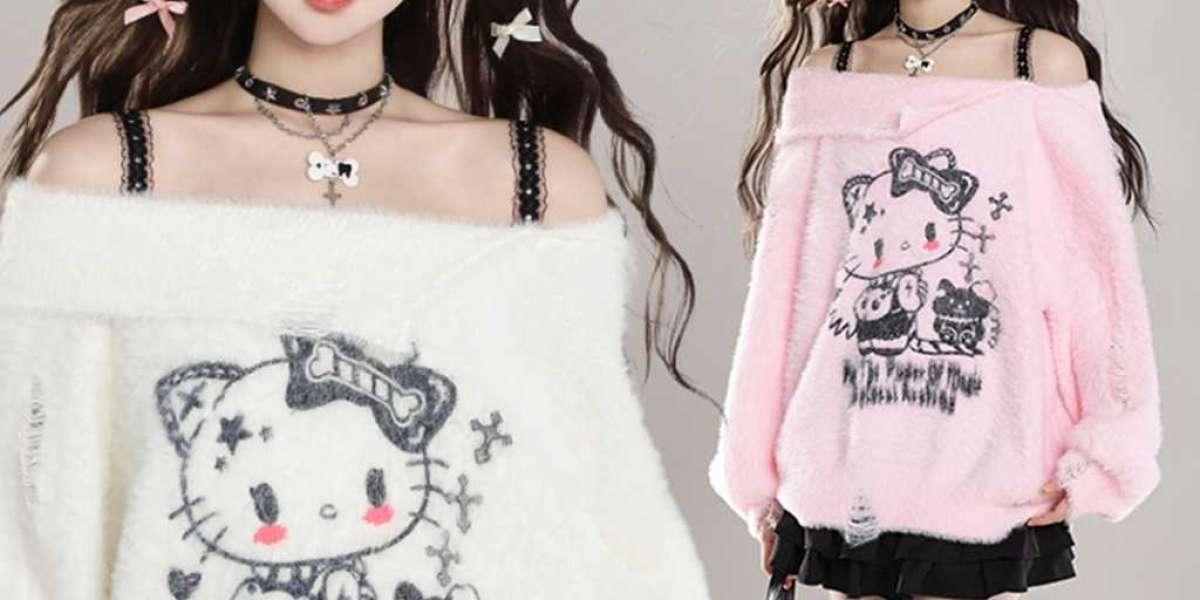Introduction
Lately, the fashion world has seen a surge in reputation of kawaii pastel outfits. Known for his or her tender and delicate hues, these outfits are often characterized by their playful and cute aesthetic. The time period "kawaii" originates from Japanese culture and refers back to the concept of lovable, adorable, or cute. Pastel colors, alternatively, are mild and airy tones that invoke feelings of calm and tranquility. This paper aims to discover the rise of kawaii pastel outfits within the vogue trade, as properly because the psychological impact they have on individuals who put on them.
The Rise of Kawaii Pastel Outfits
The popularity of kawaii pastel outfits will be traced again to the rise of the kawaii tradition in Japan within the 1970s. This pattern was characterized by a concentrate on cuteness, innocence, and childlike qualities in both trend and standard tradition. The kawaii aesthetic shortly spread to different components of the world, influencing all the things from art and music to trend and beauty. In recent years, kawaii pastel outfits have become a staple in the wardrobes of many fashion influencers and enthusiasts.
Certainly one of the key causes for the popularity of kawaii pastel outfits is their capacity to evoke emotions of nostalgia and happiness. The comfortable, pastel colors typically utilized in these outfits are paying homage to childhood recollections and evoke a way of innocence and joy. In a world that's more and more fast-paced and traumatic, wearing kawaii pastel outfits can present people with a way of consolation and escapism.
Psychological Influence of Kawaii Pastel Outfits
Analysis has shown that the colours we put on can have a major impact on our temper and emotions. Pastel colors, in particular, have been found to have a calming effect on people, serving to to cut back stress and anxiety. In the case of kawaii pastel outfits, the combination of cute and playful designs with delicate, pastel colours can have a twin impact on one's psychological properly-being.
The kawaii aesthetic is commonly related to feelings of positivity and happiness. By carrying kawaii pastel outfits, people can harness these constructive emotions and venture them to the world around them. This can help enhance one's shallowness and confidence, in addition to create a way of connection with others who share comparable taste in vogue.
Furthermore, carrying kawaii pastel outfits generally is a type of self-expression and creativity. The playful and whimsical designs typically seen in kawaii vogue enable people to experiment with different styles and create unique seems to be that mirror their persona. This can be empowering and liberating, as it offers people the freedom to specific themselves in a approach that feels genuine and true to who they are.
In addition to the psychological benefits of wearing kawaii pastel outfits, there could also be social benefits. Research has proven that the clothes we put on can influence how others perceive us and may influence our interactions with them. By carrying kawaii pastel outfits, people may be perceived as more approachable, pleasant, and likable, which can lead to more constructive social interactions and relationships.
Conclusion
In conclusion, kawaii pastel outfits have develop into a well-liked trend in the style world, because of their cute and playful aesthetic. These outfits are not only visually appealing but even have a constructive influence on one's psychological properly-being. By evoking emotions of happiness and nostalgia, kawaii pastel outfits can assist reduce stress and anxiety, enhance self-esteem and confidence, and facilitate optimistic social interactions. As the popularity of kawaii pastel outfits continues to grow, it is obvious that this trend is greater than only a passing fad – it is a mirrored image of our innate need for joy, creativity, and connection.








